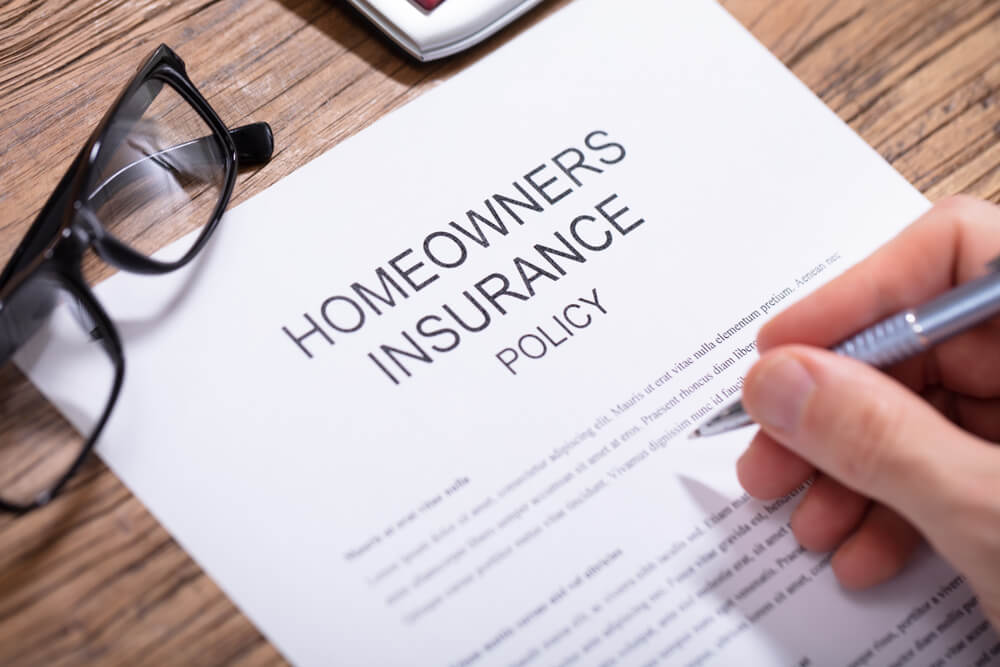How Homeowners Insurance Cover Personal Injury Claims

Personal injuries can happen at anyone’s home, which is why every homeowner needs to carry a certain amount of liability coverage. For example, a guest might trip over a crack in your floor and sustain serious injuries from the fall. Therefore, you will need sufficient coverage in place to reduce the chances of a lawsuit.
Are Personal Injury Claims Common?
You may not hear much about personal injuries in the news just because they are so commonplace. Yet, studies reveal that more injuries that require medical help occur at home than in the workplace. Accidents can happen from electrical wiring that starts fires or when someone overdoses on drugs at a party and falls. Sometimes guests get into parking accidents in areas without streetlights.
Are Personal Injury Claims Covered By Homeowners Insurance?
Home insurance carries a certain amount of personal injury coverage if the policy’s wording includes “bodily injury.” Therefore, it’s important to review your policy with your insurer to understand what the policy covers or excludes.
What Happens If You Fall at Someone Else’s Property?
You can sue a property owner if you fall at their home and suffer injuries that require hospitalization, provided you visited them as a guest. Standard homeowners policy does not cover business meetings, and you won’t be covered if you are at someone’s property as a customer.
How Can You File a Claim?
Before you file a personal injury claim, make sure you have all the facts straight as your claim can be denied if it contains errors. So, explain what happened and the amount of compensation you seek.
Notify Your Insurer Immediately after the Accident
It’s imperative to notify your insurance company as soon as possible if you are injured on someone else’s property. First, you need to identify the homeowner and their insurance provider. If the homeowner does not provide policy information, you can turn to an attorney to help write a formal demand letter to the homeowner. If they still won’t cooperate, the next step would be to file a lawsuit.
Claims Covered By Homeowners Insurance
Personal injury claims cover a wide range of incidents, including slipping on wet surfaces, tripping over an object obstructing the walkway, and coming in contact with toxic chemicals. Dog bites are another common type of claim that can cause thousands of dollars worth of medical bills. Homeowners must keep their dogs under control because they will be held responsible for dog attacks.
What If Someone Refuses to File a Claim?
If you are injured at someone’s home and the homeowner refuses to file a claim or communicate, you can take legal action. An attorney can also help if the homeowner’s insurer won’t deal with you. After you initiate the lawsuit, the homeowner and their insurer might decide to settle out of court. Another option to consider is to seek a court order that forces the parties to pay you.
Will Your Homeowners Insurance Be Enough?
A standard homeowners insurance policy covers the essentials such as disaster damage, theft, vandalism, and liabilities. You need to review your plan with your insurer to make sure all your valuable assets are covered.
Avoiding a Personal Injury Lawsuit
Filing a personal injury claim is the best way to avoid a lawsuit if someone becomes ill from the food you served at your home or if they suffer an injury. Standard policies set limits on liability claims, depending on the insurer, but you can raise these limits if you plan to have regular guests at your home.
Without personal injury liability insurance, you can face a costly lawsuit and a major settlement payment out of your own personal assets. If you want to have frequent social gatherings at your home, you increase the risks and odds of filing a claim at some point. A person who is drunk at a party can bump into objects and get hurt.
It’s fun to throw parties until someone has an accident. In some cases, a victim might sue for mental injuries, such as if the incident leads to anxiety and depression. Be aware that the wilder the party, the higher the risk. Figure out ways to lower risks to reduce the chances of filing a personal injury claim.
Ensure sufficient lighting at your property if you invite people over at night. Dark places at night are where accidents are common. Someone can walk through a garage in the dark and bump into machinery. Take proactive steps to maximize safety and minimize potential hazards. If you serve liquor at a party, be aware of the legal liabilities since you can be sued for serving drinks to an intoxicated person who tries to drive and gets in a wreck.
A standard homeowners insurance policy covers bodily injury liability. However, you will need to add extra coverage depending on how much you use your private residence for social events. At Jack Stone Insurance Agency, we’ve helped people navigate through insurance for nearly five decades. Contact us so we can answer your questions about personal injury claims.



